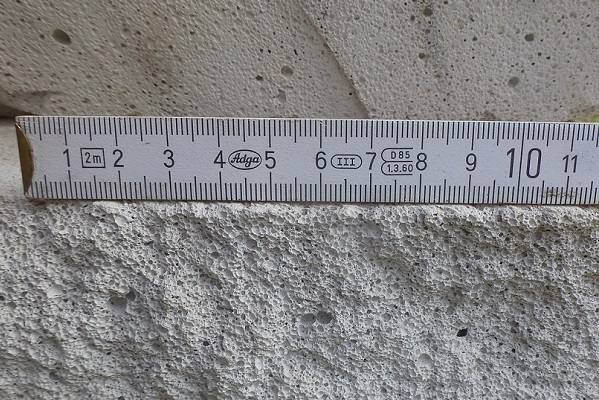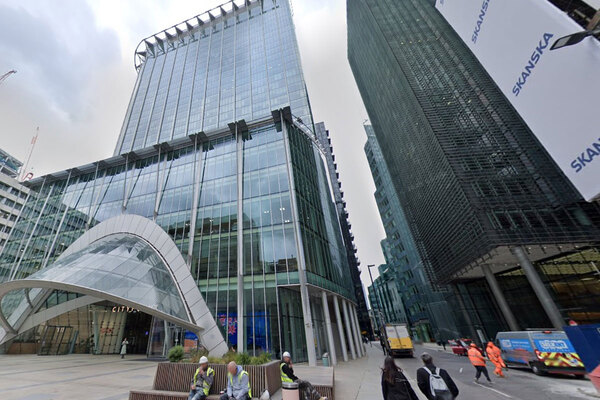You are viewing 1 of your 1 free articles
Anchor’s surplus plummets 90% due to £10m impairment charge
Anchor’s surplus has fallen by 90% because of a £9.6m impairment charge at one of its development sites.

The 54,200-home housing association, which is England’s largest provider of specialist housing and care for older people, recorded a surplus of £1.1m for 2023-24, down from £12.2m the previous year.
It also means Anchor’s surplus is down 95% in just two years, after it posted a £24.4m surplus in 2022.
The landlord blamed this year’s slump on rising cost inflation and a one-off £9.6m charge at one of its development schemes where the previous contractor had gone into liquidation.
Operating surplus was £36.7m, down 2% from the previous year (£37.5m), reflecting an operating margin of 5.8%, down from 6.8% in 2023.
EBITDA MRI interest cover fell to 155.3%, from 180.2% the previous year. However, turnover for the year was £628.7m, an increase of 13.2% on the previous year (£555.5m). Anchor said this reflected the growth in its care homes business along with increased rents and service charges.
Anchor currently manages 54,259 homes. Of these, 35,464 are social rented homes, 12,500 are leasehold homes and 6,447 are care home rooms.
Turnover from property sales in 2023-24 was £14.2m, a sharp fall of 42.5% from the previous year (£24.7m). This was due to delays in completions and challenging market conditions, the landlord said.
In 2023-24 Anchor completed 573 new homes in nine locations in England and started on site with a further 419 homes. The housing association predicts that it will deliver at least 500 homes a year over the next 10 years.
Materials and labour shortages impacted development during 2023-24, with three schemes comprising 197 homes that had been expected to open during the year pushed back to the next financial year.
Two recently acquired care homes opened in the year, adding a total of 168 beds to Anchor’s portfolio. Meanwhile, it sold four care homes. Anchor aims to grow its operations from 121 to 140 care homes, but “in the near term” will concentrate on its existing portfolio.
Christopher Kemball, Anchor’s chair, and Sarah Jones, its chief executive, said that the organisation’s development strategy will now focus on 70% social housing, including affordable housing “where appropriate”, and 30% older people’s shared ownership.
Housing arrears were £8.8m, up from £7.1m the previous year, reflecting 2.6% of housing turnover – up from 2.3% in 2023. Total net assets stood at £592.3m while gearing remained consistent at 28.9%, compared to 28.5% in 2023.
Anchor invested £76.3m in improvements to existing homes during the year, similar to the previous year (£76m). The housing association is currently retrofitting 300 homes with £2.5m funding from the government.
During the year, the Housing Ombudsman made a ruling of severe maladministration against Anchor relating to handling of reports of damp and mould, and complaint-handling.
Anchor said it recognised that “record-keeping and management was lacking” and that it had “displayed a lack of empathy” and did not consider the resident’s vulnerabilities. It said it had personally apologised, paid compensation and completed the work.
Anchor also carried out a review of 379 locations for reinforced autoclaved aerated concrete (RAAC). It found 49 properties where additional investigation is required to fully rule out the presence of RAAC, but said it believes “the risk to be low”.
In August, Inside Housing revealed that Anchor had signed a 10-year deal with proptech company Plentific to provide repairs software for its 54,000 homes.
Sign up for our development and finance newsletter
Already have an account? Click here to manage your newsletters










